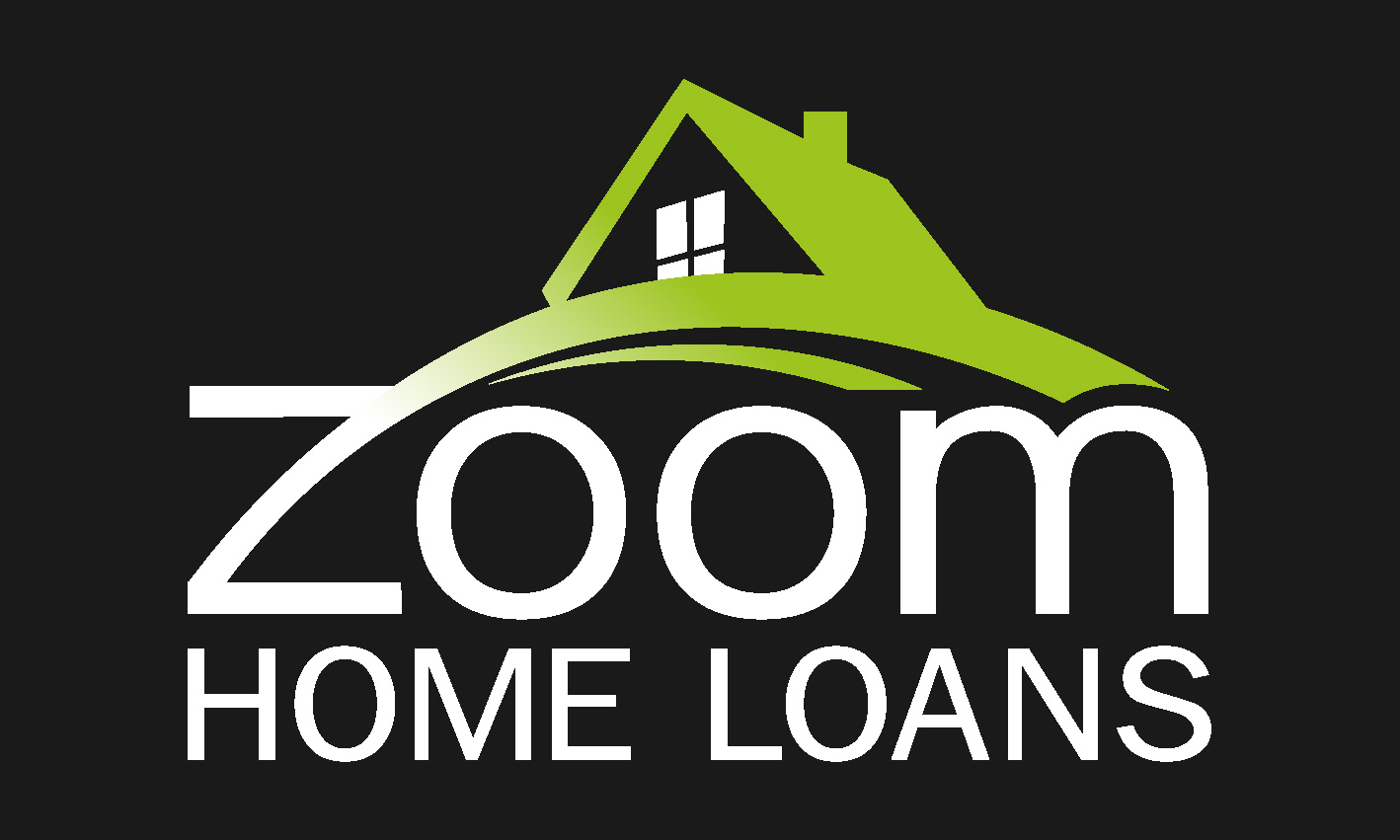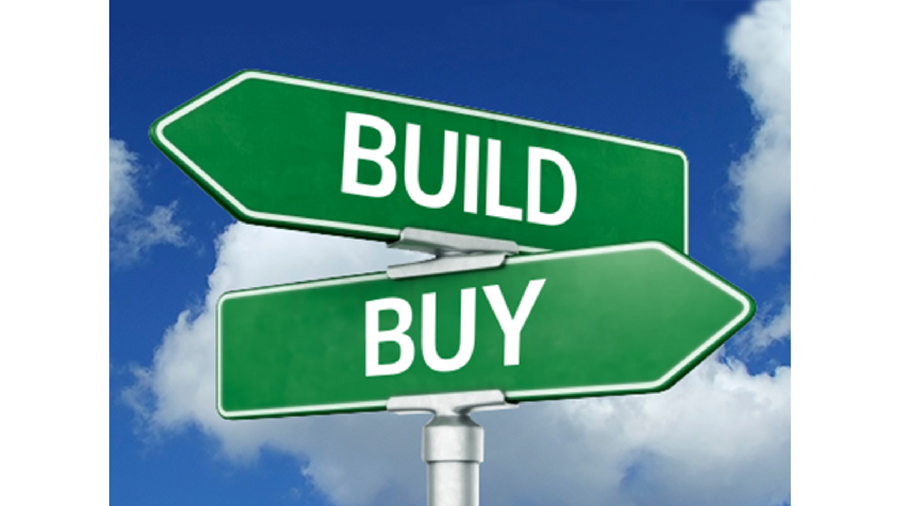Building a new home can be a great way to get what you want – a spacious master suite, open-plan living or a place to keep your weird doll collection. On the other hand, buying something established can take out the guesswork of when you can move and what your money will buy.
There’s no right or wrong answer. Both options can work for first-time buyers, and each has its pros and cons. Whether you’re planning to build or buy your first home, make sure you follow our checklist for success.
Know what your budget covers.
There’s no easy rule about one option being cheaper. It all depends on the size, style and location of the property.
An established home will show you what you’re buying upfront. With a building inspection and bank valuation, you’ll avoid unexpected surprises and know exactly what your money is buying. It’s not always so clear-cut when you’re building. Be sure to look for clauses that could let the developer change the price on completion. There could be variations to the plan, delays caused by permits or weather, unreliable contractors, or last-minute upgrades to the fancy tapware you saw on MTV Cribs. Plus, it means continuing to rent while the build is going on, which means every month that passes costs you real money.
However, there are other savings to be had with a new build, which we’ll talk about later.
Choose a location that suits your needs.
Outer suburbs are growing via new builds and housing estates and this can make home sites more affordable for first-time buyers. On the other hand, local facilities like transport links, entertainment, options for late-night burger runs and even shops and hospitals can be limited. Capital growth can also be slower in outer suburban areas, so you might have to stay in your first home longer before you can afford to move.
Established homes might offer less flexibility when it comes to making a property your own, but they tend to have amenities close by. If you buy in an up-and-coming area, you’ll also have the option to knock down and rebuild later (and brag to your friends about what a clever decision you made).
Building a new house isn’t always straightforward.
Besides the hidden costs of building, the actual process can be super stressful. Scope creep and budget blowouts are common, so make sure you’re protected in writing. Site visits, approvals and arguing over the tiles for your splashback can be time-consuming, too, especially if you’re building a long way from your current home.
If you’re demolishing an existing property to build, expect to add an extra six months to your schedule. Again, get as much evidence as possible before you start. Working drawings with site boundaries, easements and inclusions could save you a lot of heartache.
Create a home that reflects you.
Building a new property can mean a chance to tailor your home to suit your needs and select the fittings and finishes that you like. Always wanted rose gold tapware? Go for it. Laundry cupboards for days? Done. A dedicated nook for watching horror movies? You do you.
When you buy your first home, you inherit the design, layout and even décor that suited the previous owner. Sure, you can always renovate – that’s one of the joys of home ownership – but it all comes at a cost.
Save on stamp duty when you build your first home.
Stamp duty is based on the value of the land at the time of sale. The more house that’s on the block, the more you’re likely to pay. Buying off the plan or choosing a vacant block to build on later can put money back in your pocket. That could mean budget for higher ceilings, professional landscaping, or soft plush carpets instead of the stuff that makes your toes feel kind of scratchy.
The First Home Owner Grant.
In a number of states/territories, the First Home Owner Grant (FHOG) is now only available on newly-built homes. As a first-home buyer, any savings you make now can have a real impact on the home you can afford, and the FHOG can be tempting. But don’t let it cloud your judgement. ‘Free’ money might appeal to you now, but taking the time to save a bit extra or making compromises on the house itself could be a better long-term strategy. Make the decision that is based on your needs rather than the availability of the FHOG.
Finding the perfect place for you means making lots of challenging – but exciting – decisions. Whether you build or buy your first home, you’ll need a great home loan, and your choices can have an impact on the product that’s right for you. Speak with me early on, so you’ll know much you can afford to borrow and have the right loan features to make your money work harder.
Contact John Kraws on 0402 894 821 to discuss your options.
This article is prepared based on general information. It does not take into account individual financial objectives or needs and is not financial product advice.

